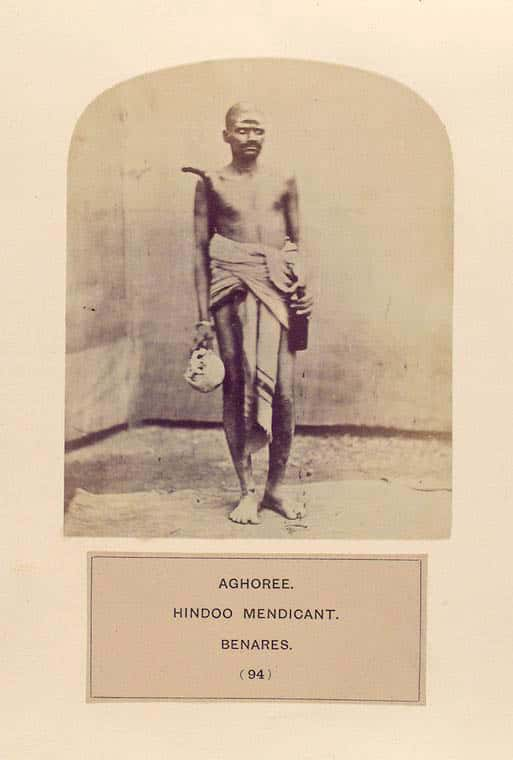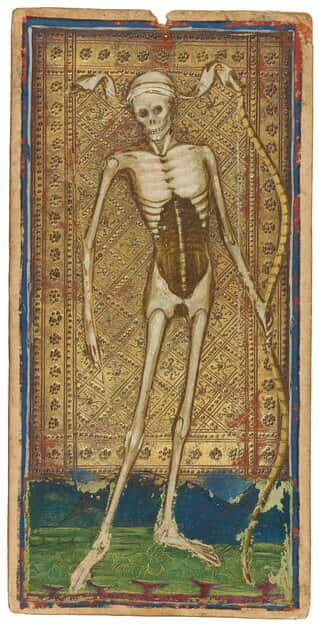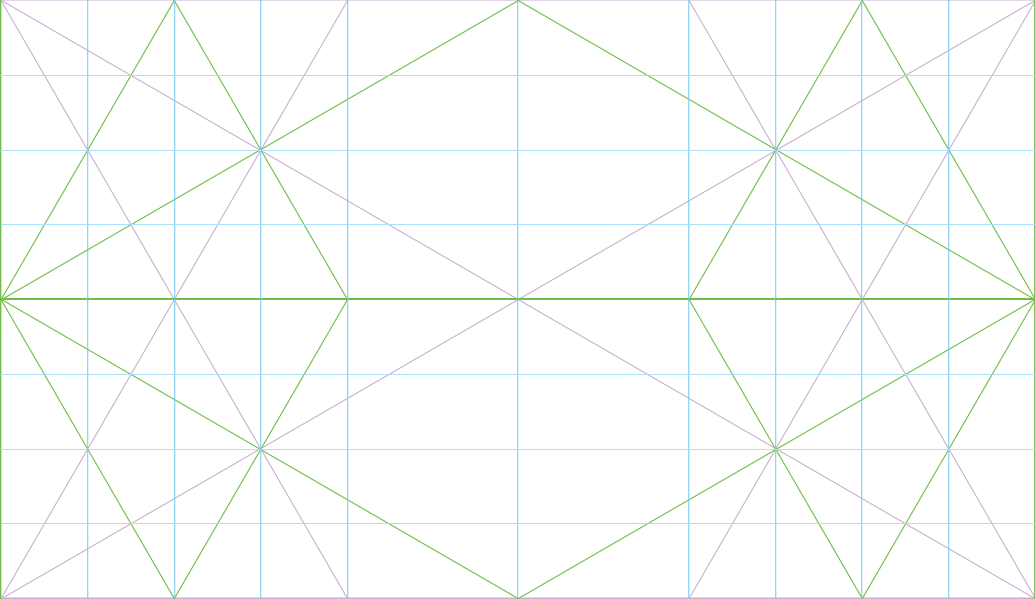Introduction
Intuitively it seems to me that ideas are fundamental to what it means to be human. But, what are ideas? Are ideas fundamentally linked with language? How can we distinguish between "good" vs "bad" ideas? How is it possible to have "rapid ideation"? In what follows I will attempt to look at these questions briefly, likely to raise more questions than are answered, hopefully getting to a place where I can understand more about "rapid ideation", and finally starting the process of jamming to the theme of "Death"!
What are ideas?
I'm going to take a leap here and claim that ideas are thoughts! They are mental activities and as such are located in the brain. After all, could we have an idea in our heart? Or perhaps in our stomach, e.g. when hungry? Well, the sensation may start in my stomach but ultimately the idea to go get something to eat (or not) comes from the functioning in my brain, my executive function.
Where do ideas come from?
ADG Creative (‘Where Do Ideas Come From?’ 2022) answer this question from three academic perspectives:
- Psychology states that ideas originate in the brain. Synapses are firing, memories, experiences, and environmental factors all coming together to form thoughts and ideas.
- Anthropology highlights how ideas are shaped by our environment and culture, as well as how ideas are shared between cultures. (This concept of sharing ideas is important and will be spoken about later.)
- Philosophy has been concerned with thoughts and ideas since the earliest times. Plato, for example, expounds a "Theory of Ideas", stating that they are more real than the physical world in that they constitute the essence of form. (Wilber 2022) Descartes postulates that ideas are modes of thinking (Smith 2021), and famously this act of thinking validates his existence.
Ideas & Language
It seems difficult to separate out ideas from language. Language seems to clothe ideas, giving them explicit structure, helping them to grow in complexity and creating a network of connections.
For example, I have been thinking of a game for this first Jam. For the time being the idea is called "Aghori". The idea starts out pretty vague, an overall idea, a connection between the theme "Death" and that the Aghori Yogi's of India are concerned with death, dead bodies, and cremation grounds.

I jot down ideas in a mind map, trying to arrange things in my mind, finding connections, thinking about mechanics, enemies and bosses. This is all done with language, the little voice inside my head.
The language of thought hypothesis (LOTH) speaks to this idea, postulating that thinking (or ideas) occurs in a mental language. (Rescorla 2019) I'd want to question this, asking that if this were true, then do babies not think, do they not have ideas? Jean Piaget argues that language depends on thought, citing evidence that thought is exhibited before language. (Butterworth 2022)
Whatever the case, my experience is that language helps me to structure, to give form, to clothe thoughts and ideas, language helps me to make ideas grow.
No-mind
In Zen there is the concept of no-mind, or non-thought, where the mind is empty of all thoughts, "Mushin" (無心) in Japanese. (Suzuki and Humphreys 1993) This mental state is really the essence of Zen and of meditation in general. This is beyond the scope of this journal, however I would like to leave this here as an interesting perspective about where inspiration may come from, perhaps this is the foundation of where ideas spring, the ground from which they appear. This may lend to the philosophical ideas that thought precedes language.
Good vs Bad Ideas
Value statements can be applied to ideas, some ideas are good (e.g. I'll do my exercises) and some ideas are bad (e.g. I'll smoke a cigarette). At the stage of generating ideas, for example using the brainstorming technique, ideas are not categorised into good or bad, or practical or impractical. The task is just to generate as many as you can, like a free association. At some stage however there is some analysis which takes place, which ideas are better, practical, workable. Prof. Tanya Krzywinska also raised an important point in their video lecture that monetisation and commercialisation must absolutely be part of the creative and analytic process. It is no good creating a wonderful app that nobody will use!
In the video below Steven Johnson speaks about where good ideas come from. His summary statement is, "Chance favours the connected mind." This is a really interesting statement because it speaks to ideas being a network, a configuration, not only within the individual brain itself, but also in relation to sharing ideas between people, in a community. ADG Creative's article ‘Where Do Ideas Come From?’ (2022) also claim that when we are exposed to other creative people, our own individual creativity expands.
Jam One Theme: "Death"
Thus far I have a better understanding about what ideas are, where they come from, techniques for generating them, and perhaps how to distinguish good from bad. It's all very well and good to have ideas, but we need some kind of action to make ideas more meaningful!
The RI Task
The Rapid Ideation (RI) task ahead is to create a working prototype based on a loosely defined theme (i.e. "Death") in two weeks. For me, RI has come to represent "just go for it!" I'd say that I'm quite reflective as a person, I tend to dwell on things, to over-think. I guess there are positive aspects to this characteristic, however on the whole I consider this as a hinderance. I can take too long on tasks, trying to get it just right. It is good practice for me to escape my default position, to take decisive decisions quickly, and try not to worry too much about the outcomes. My personal task is not to reflect too much about things, just get as many ideas out as you can, start a process of focussing in on what you think is valuable, useful, what is a good/interesting idea, and go with that. It does not have to be perfect!

Action 1: Brainstorming and Mind Maps
The first bit of activity was to instinctively jot down as many ideas as possible: death as a doorway, death as an ending (beginning), death of an age, ego death, death as a release (from suffering), stupid deaths, avoiding death, battling death, etc...
From these initial ideas, I tried to find some idea that could work as an application, or as a game. Here below is a list of some of the things that came out of a brainstorming session:
(I originally plotted these out as a mind-map in Miro, however the map image is too large!)
- (App) Memory Capsule
- (App) Bucket List
- (App) Affairs in Order
- (App) Suicide Prevention ("Stay Alive" app already exists.)
- (App) Goth clothing and apparel
- (App) Funeral Possibilities
- (Game) Aghori (or Aghoree)
Action 2: ICEDIP
Moving on from the inspiration phase above, following the ICEDIP method, I have decided to follow the "Aghori" game idea. I have no experience whatsoever in game creation, a big part of my decision was to step out of my comfort zone, to try something that I was not familiar with. I do not know what will come out of the process, will it be a huge mistake?
Action 3: Project Management
To help with project management I have set up a kanban board in Notion. (I use Notion to manage my entire process at Falmouth University!) In this initial stage and because I am working on this project on my own I have set up 3 columns, "to do", "doing", and "done". Following agile methodology this management board will grow and develop as it needs to.

Summary
I found it interesting to explore perspectives about what ideas are and where they come from, what good ideas may be, and exercising some idea generation and evaluation techniques. I have settled on an idea to create a prototype of a game. It is something that I have not done before and I am excited to see what comes of the process!
References
SUZUKI, Daisetz Teitaro and Christmas HUMPHREYS. 1993. The Zen Doctrine of No-Mind: The Significance of the Sūtra of Hui-Neng (Wei-Lang). York Beach, Me: Samuel Weiser.
‘Where Do Ideas Come From?’ 2022. ADG Creative [online]. Available at: https://www.adgcreative.net/resources/ideas-and-creativity/ [accessed 25 Jun 2022].
McKenna, Terence - We Are Language [Film]. Available at: https://www.youtube.com/watch?v=G3xUd6e06T0 [accessed 25 Jun 2022].
‘Aghori’. 2022. Wikipedia. Available at: https://en.wikipedia.org/w/index.php?title=Aghori&oldid=1093816860 [accessed 25 Jun 2022].
JOHNSON, Steven. 1285059000. Where good ideas come from [Film]. Available at: https://www.ted.com/talks/steven_johnson_where_good_ideas_come_from [accessed 25 Jun 2022].
WILBER, Jennifer. 2022. ‘An Introduction to Plato’s Theory of Forms’. Owlcation [online]. Available at: https://owlcation.com/humanities/An-Introduction-to-Platos-Theory-of-Forms [accessed 25 Jun 2022].
SMITH, Kurt. 2021. ‘Descartes’ Theory of Ideas’. In Edward N. ZALTA (ed.). The Stanford Encyclopedia of Philosophy. Metaphysics Research Lab, Stanford University. Available at: https://plato.stanford.edu/archives/fall2021/entries/descartes-ideas/ [accessed 25 Jun 2022].
RESCORLA, Michael. 2019. ‘The Language of Thought Hypothesis’. In Edward N. ZALTA (ed.). The Stanford Encyclopedia of Philosophy. Metaphysics Research Lab, Stanford University. Available at: https://plato.stanford.edu/archives/sum2019/entries/language-thought/ [accessed 29 Jun 2022].
Butterworth, George. 2022. ‘Origins of Language and Thought in Early Childhood’. [online]. Available at: https://www.massey.ac.nz/~alock/hbook/george.htm [accessed 25 Jun 2022].


